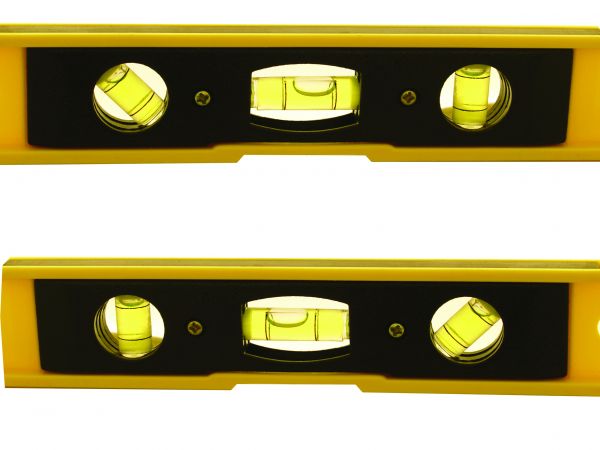
- Notices of discontinuance: filing, serving and specifying.
- Consent orders: agreed terms and enforcement.
- Tomlin orders: applications and common errors.
‘Dear Judge…this claim has settled please vacate the hearing…’. Such letters are frequently seen in our box work from solicitors particularly on claims allocated to the small claims track. Is such a letter sufficient to conclude a claim? On reading the CPR this is not one of the methods by which a claim can be concluded.
Whether a claim is allocated to the small, fast or multi-track, when a settlement has been negotiated the parties should consider which of the methods prescribed by the CPR to use. The following is a summary of the most common methods used but before choosing one of them do familiarise yourself with the relevant rule, requirements and consequences.
To be effective, the notice must be filed, served on every party, if there is more than one defendant it must specify against which of









